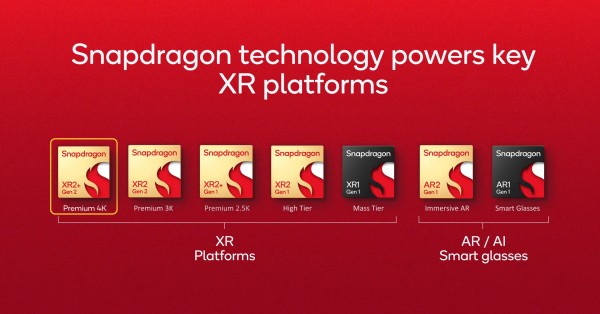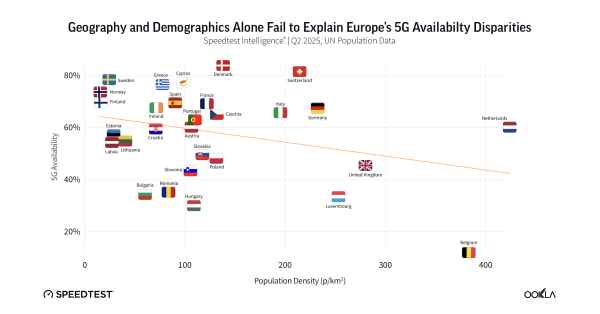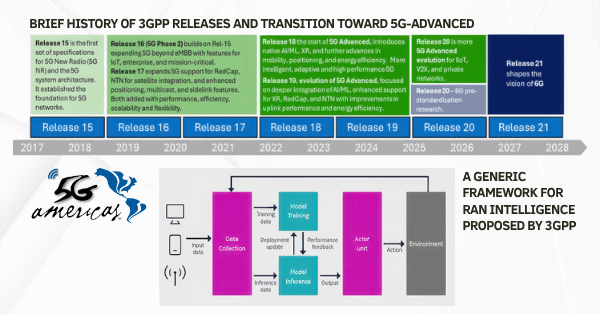Expanding Private 5G Adoption in Saudi Arabia, Kuwait, and Bahrain
Celona and stc Group have announced a strategic partnership to introduce a private 5G and edge computing solution aimed at enhancing business efficiency across Saudi Arabia, Kuwait, and Bahrain. The collaboration is set to help enterprises reduce operational costs, improve connectivity, and accelerate digital transformation efforts.
This initiative tackles common challenges faced with traditional Wi-Fi networks, offering a more secure, scalable, and reliable alternative—especially in industries requiring seamless connectivity in hard-to-reach areas. By leveraging stc Group’s expertise in cloud and IoT services, the solution will drive innovation across key sectors, including oil and gas, logistics, warehousing, mining, and manufacturing.
Celona & stc Group Driving Operational Efficiency Through Private 5G
With industries increasingly relying on automation and digital connectivity, private 5G networks are becoming essential for businesses aiming to modernize their operations. The Celona-stc Group solution provides enterprises with:
- Lower total cost of ownership (TCO) through an optimized network architecture
- Enhanced security compared to traditional Wi-Fi and public cellular networks
- Seamless automation integration for industrial applications
- Improved network reliability in remote and challenging environments
By deploying automation applications faster, enterprises can reduce delays and streamline production cycles, making their operations more competitive in an increasingly digital economy.
Private 5G: Celona & stc Group Meeting the Growing Demand for Secure Wireless Connectivity
The launch of the private 5G network service addresses a rising demand for secure, high-performance wireless connectivity. Businesses in the region require networks that support real-time data transmission, mission-critical IoT systems, and advanced cybersecurity measures.
stc Group’s new offering, powered by Celona, ensures that enterprises benefit from customized network configurations, allowing them to scale as needed while maintaining full control over security and performance.
Celona & stc Group: Powering Digital Transformation with Private 5G
As a leader in digital solutions, cloud computing, cybersecurity, and IoT, stc group is committed to enabling businesses in the Middle East to embrace next-generation wireless connectivity.
Saud Alsheraihi, Vice President of Products & Solutions at stc Group, emphasized the significance of this partnership: “This collaboration with Celona is a key step in stc Group’s mission to accelerate digital transformation and operational efficiency. By integrating Celona’s advanced private 5G technology, we are equipping businesses in Saudi Arabia, Kuwait, and Bahrain with the tools they need to modernize operations, cut costs, and enhance productivity.”
Rajeev Shah, Co-founder and CEO of Celona, shared his perspective on the collaboration: “stc Group is a digital transformation visionary, with a clear strategy to enhance economic growth through industrial digitization. We are proud to power their initiatives with Celona’s private 5G solution, supporting Connected Mines, Connected Warehouses, Connected Supply Chains, and Connected Manufacturing across the region.”
Celona has been a driving force in enterprise private wireless solutions, with deployments across multiple industries. Its turnkey private 5G solutions offer enterprises a way to maintain high-speed, secure, and cost-effective wireless networks.
Industries Benefiting from Private 5G: Oil & Gas, Logistics & More
Private 5G networks are transforming industries that rely on secure, high-performance connectivity for mission-critical operations. From remote industrial sites to smart warehouses, businesses are adopting private 5G to enhance automation, efficiency, and real-time data processing.
With low latency, high reliability, and robust security, private 5G supports IoT-driven innovations across multiple sectors. Key industries, including oil and gas, logistics, warehousing, mining, and manufacturing, are leveraging private 5G to optimize operations, reduce costs, and increase productivity in a rapidly evolving digital landscape.
- Oil and Gas: Enhancing Remote Operations – The oil and gas industry demands low-latency, high-security networks to support operations in remote locations. Private 5G enables real-time monitoring, predictive maintenance, and automation, reducing costs and improving safety.
- Logistics and Warehousing: Enabling Smart Supply Chains – Private 5G networks enhance warehouse automation, robotics, and inventory tracking, leading to improved efficiency and lower operational costs. With seamless connectivity, logistics companies can implement AI-driven tracking and route optimization.
- Mining: Driving Safety and Automation – Connected mines benefit from real-time monitoring of equipment, worker safety tracking, and automated machinery. Private 5G offers high-bandwidth, low-latency communication essential for safe and efficient mining operations.
- Manufacturing: Smart Factories and Industrial Automation – Manufacturing facilities require secure, low-latency networks for AI-powered robotics, IoT-enabled machinery, and automated production lines. Private 5G ensures seamless connectivity, reducing downtime and increasing productivity.
Middle East’s Private 5G Growth: What Businesses Need to Know
The Celona-stc Group partnership represents a major step forward for private 5G adoption in the Middle East. As businesses increase their reliance on IoT, automation, and cloud computing, the need for high-performance private wireless networks will continue to grow.
With this new private 5G service, enterprises in Saudi Arabia, Kuwait, and Bahrain can now accelerate their digital transformation efforts, ensuring higher efficiency, better security, and lower costs in an increasingly connected world.
































